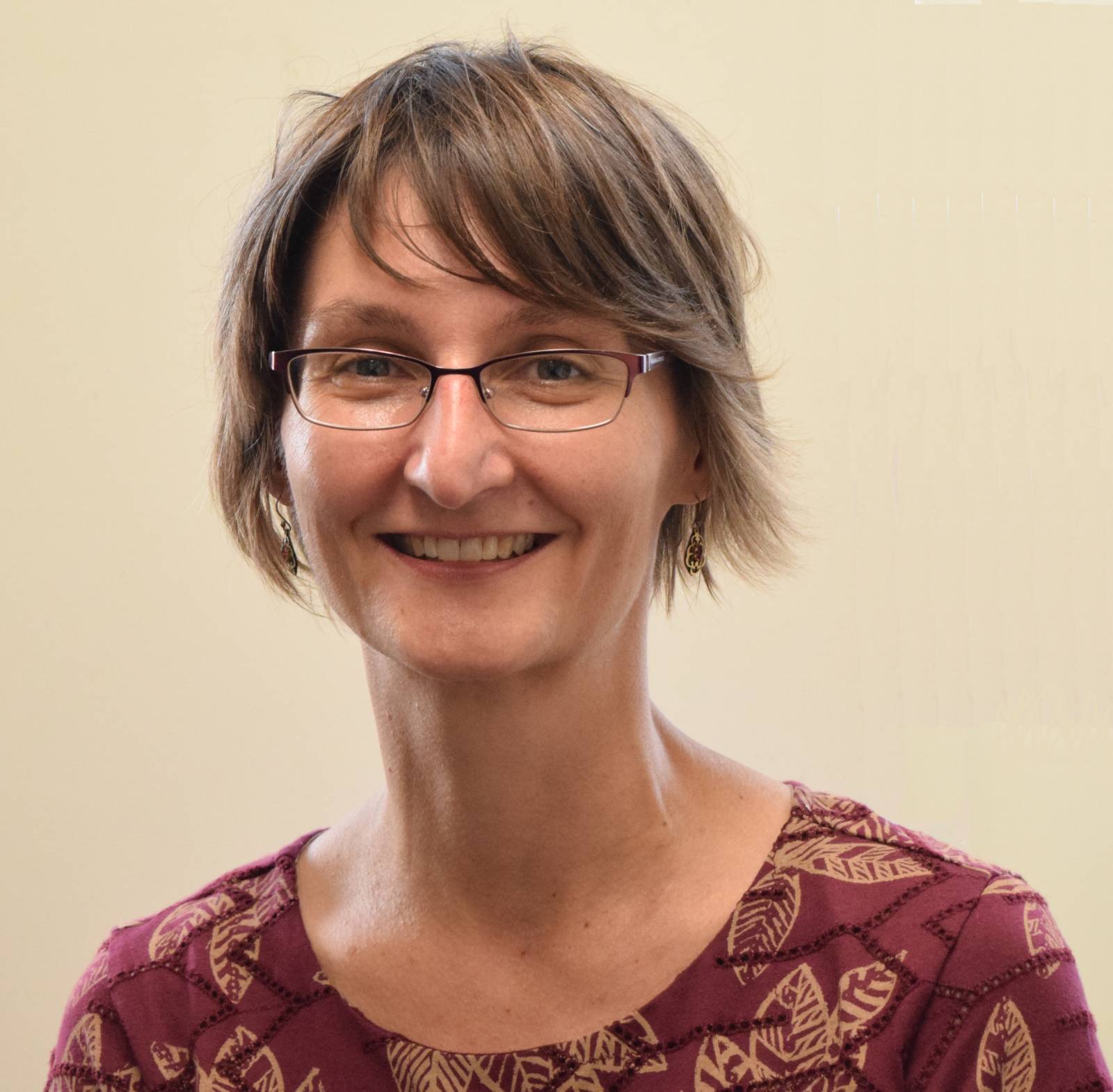
Visiting scholar
Visiting scholar
Mon Jan 23 15:17:18 CET 2023

Tanya Richardson is the Ukraine+ visiting scholar in Feb-Apr 2023
Tanya Richardson is the Associate Professor, Anthropology Program and Department of Global Studies, Wilfrid Laurier University, Waterloo, Canada
During her stay at the Institute of Ethnology, Tanya works on a research project: "Beelines and Borderlands: Science and Sociality in Maintaining Ukraine's Carpathian Honeybees", awarded by the Social Sciences and Humanities Research Council of Canada (SSHRC) Insight Grant (2019-2024).
My current research project is an ethnographic study of the conservation of Carpathian honeybees which are one of Ukraine’s three legally-recognized “aboriginal honeybee breeds.” The loss of diversity in the European honeybee is considered one factor in creating the global pollinator crisis that captured the world’s attention in 2007. The diversity of honeybee populations is a particular concern in Ukraine, a country that is home to some 100,000 beekeepers, has become one of the world’s largest exporter of honey. The maintenance of Ukraine’s honeybee populations has been threatened not only by pesticides, disease, habitat loss, and climate change (common concerns in many countries), but also by the sharp decline in state support for scientific research, unenforced regulation on the import of honeybees, monopolization of export sectors, the concentration of resources in large agro-industrial holdings, and now the full-scale Russian invasion.
During my stay at the Institute of Ethnology I will work on two articles. One examines the ways in which efforts to regulate the use of Carpathian bees in Ukraine, Moldova and Romania creates a cross-border Carpathian honeybee territory but one that is constantly undermined by bees’ mobilities and beekeepers’ success in importing other kinds of bees from Europe. A second article addresses how debates and disputes among Ukrainian queen breeders about how best to conserve the Carpathian bees are shaped by the distinctive ways in which scientific authority can be acquired in Ukraine and the peripheralization of Ukrainian apicultural researchers in European scientific networks.

